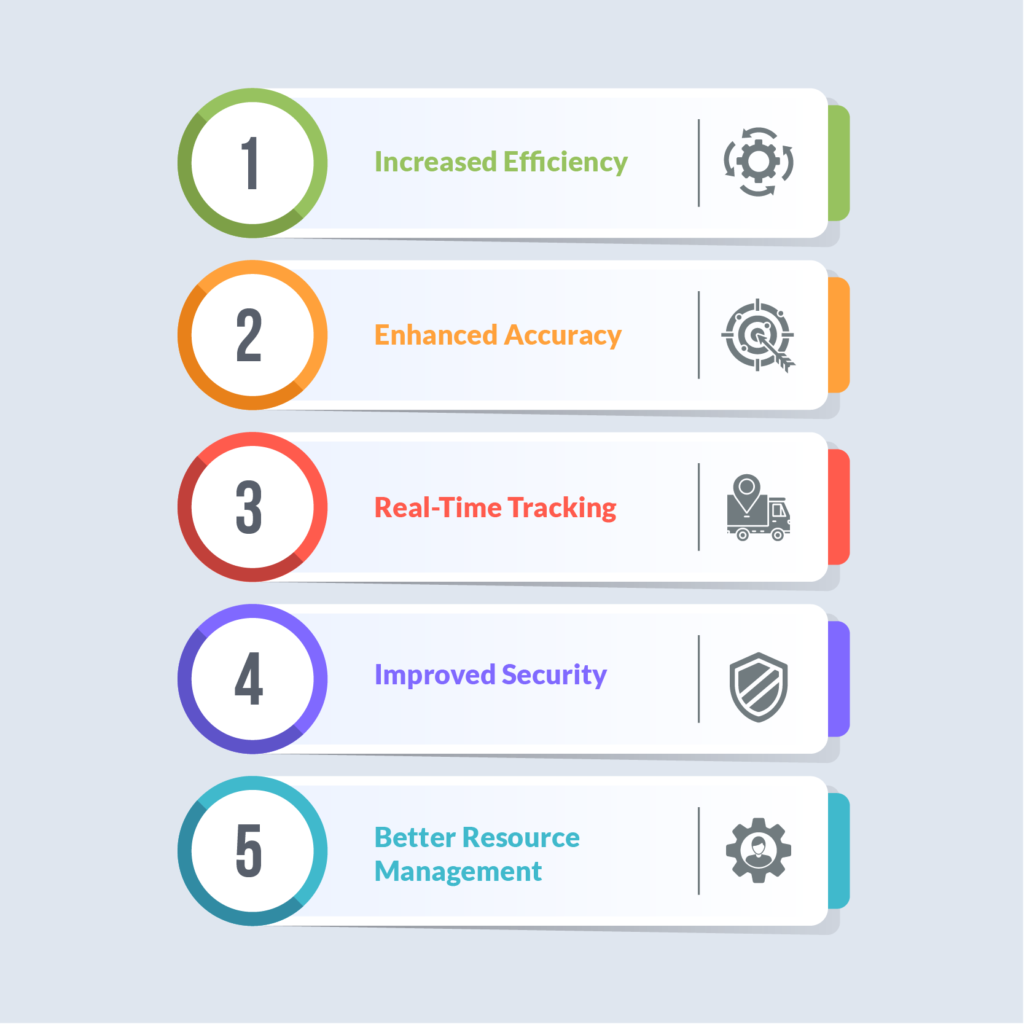Introduction to Tracking Case Files
In the legal industry, managing and tracking case files efficiently is crucial for maintaining client trust, ensuring confidentiality, and streamlining operations. Traditional methods of tracking case files often involve manual processes that are time-consuming and prone to error. However, with the advent of RFID (Radio Frequency Identification) technology, law firms and legal departments can significantly improve their file management systems, making operations more efficient and secure.
Challenges in Tracking Case Files
Tracking case files in a legal setting presents several challenges. First, manual processes are time-consuming, requiring staff to locate and retrieve files physically. This method is not only labor-intensive but also leaves room for human error. The risk of misplacing or losing files is another significant concern, as it can lead to delays, confidentiality breaches, and even legal repercussions. Additionally, accessing and retrieving files promptly can be difficult, especially in large law firms where files are stored in different locations. These challenges can negatively impact client service and case management, making finding a more efficient solution essential.
Brief Introduction to RFID Technology
RFID technology offers a modern solution to the challenges of tracking case files. RFID uses radio waves to identify and track objects equipped with an RFID tag. Each tag contains a unique identifier that can be read by an RFID reader without the need for direct line-of-sight, making it ideal for tracking files. By implementing RFID, legal professionals can automate the tracking process, ensuring that files are always accounted for and easily retrievable.
UHF RFID Tags Recommended for Tracking Case Files
When it comes to tracking case files, the TagMatiks UHF RFID Label is highly recommended. These labels offer a reliable and efficient way to manage case files. They can be easily attached to file folders, providing a unique identifier that can be tracked throughout the office.
Tracking Case Files: Fixed vs. Handheld RFID Readers
Both fixed and handheld RFID readers can be used to track case files, each offering distinct advantages.
Fixed RFID Readers
Fixed RFID Readers are installed at key entry and exit points, automating the tracking process. As files move through the office, the fixed readers automatically capture their location, ensuring that files are always accounted for. This setup is ideal for law firms with a high volume of file movement, as it reduces the need for manual intervention.
Handheld RFID Readers
Handheld RFID Readers offer flexibility, allowing staff to perform on-demand tracking and inventory checks. These readers are portable and can be used anywhere in the office, making them perfect for ad-hoc searches or when files are stored in various locations.
Comparison
While fixed readers offer automation and require less manual effort, they can be more expensive and complex to install. Handheld readers, on the other hand, are more affordable and versatile but require manual operation. The choice between the two depends on the specific needs and budget of the law firm.
RFID Software for Tracking Case Files
To fully leverage the benefits of RFID technology, it’s essential to use robust and compatible software. TagMatiks Asset Tracking is a powerful RFID software solution that integrates seamlessly with legal management systems. It offers real-time location tracking, detailed reporting, and advanced data analytics, allowing law firms to monitor the exact location of case files within the office and manage them more efficiently.
Benefits of Using RFID for Tracking Case Files

Implementing RFID for tracking case files offers numerous benefits.
Increased Efficiency: RFID technology enables faster retrieval of case files, significantly reducing the time spent searching for documents.
Enhanced Accuracy: By automating the tracking process, RFID minimizes human error, ensuring that files are always accurately tracked.
Real-Time Tracking: With RFID, legal professionals can instantly locate files within the office, improving response times and operational efficiency.
Improved Security: RFID systems can track who accessed files and when enhancing client confidentiality and reducing the risk of unauthorized access.
Better Resource Management: By streamlining operations, RFID reduces the administrative workload, allowing staff to focus on more critical tasks.
Implementing RFID in a Legal Setting
To implement RFID in a legal setting, it’s essential to choose the right tags, such as UHF RFID labels designed for document tracking. Integrating RFID with existing case management systems ensures seamless operation, while proper placement of RFID readers and antennas provides optimal coverage. Additionally, training staff on how to use the RFID system effectively is crucial for maximizing its benefits.
Future of RFID in the Legal Industry
The future of RFID in the legal industry looks promising. As technology continues to evolve, RFID systems are likely to become even more advanced, offering new features and capabilities. Law firms that adopt RFID early will be well-positioned to take advantage of these innovations, further improving their operations and client service.
Conclusion
In conclusion, RFID technology offers a powerful solution for tracking case files in the legal industry. By overcoming the challenges of manual file tracking, RFID improves efficiency, accuracy, and security, making it an invaluable tool for law firms. As the technology continues to advance, the adoption of RFID will likely become a standard practice in legal file management, driving greater operational success.